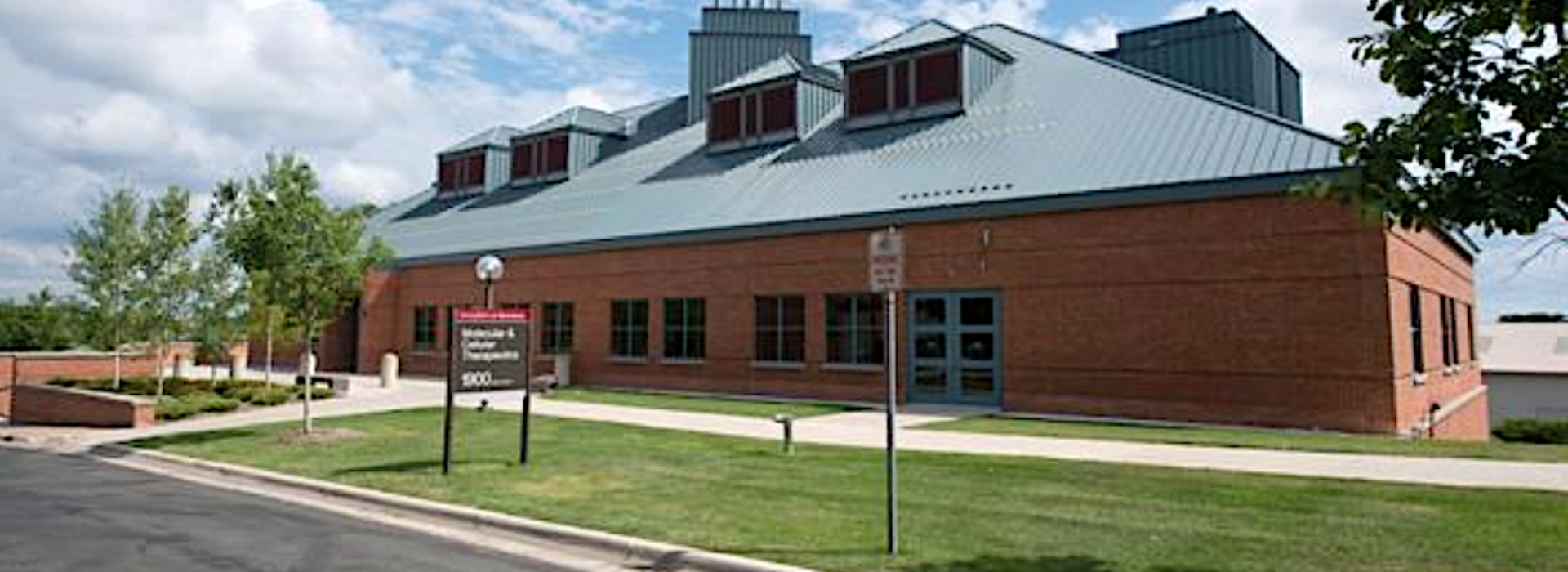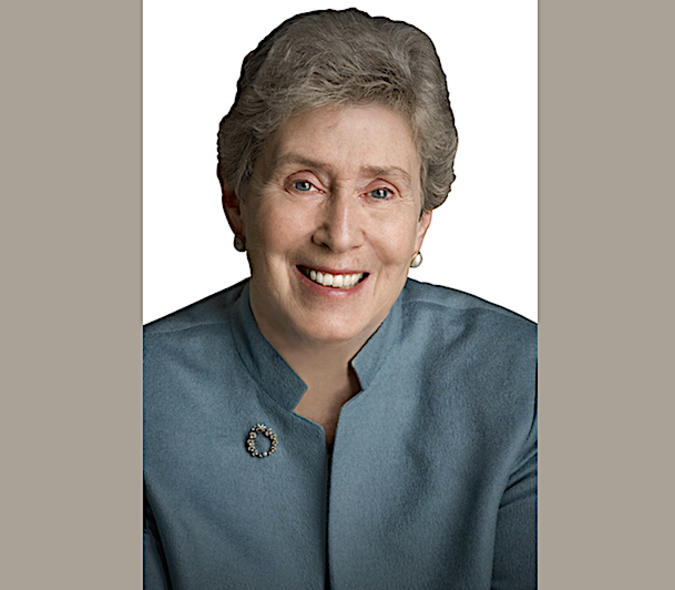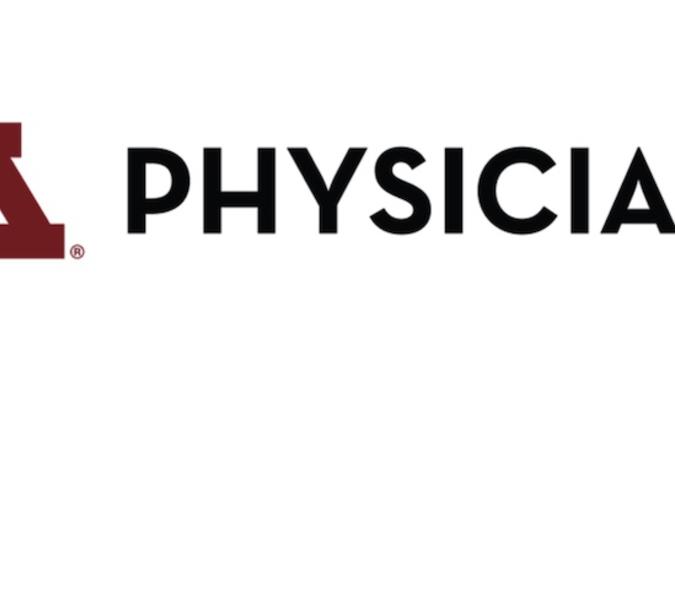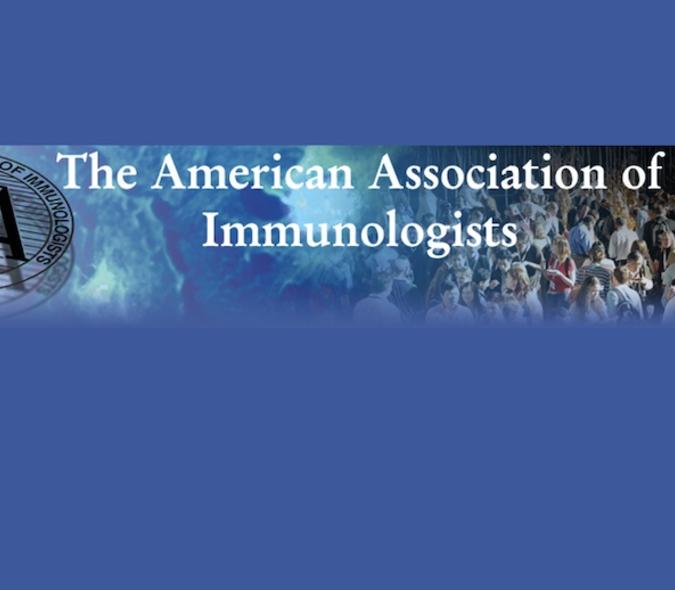
Stem cells join the battle against COVID-19
As the coronavirus spreads relentlessly around the world, killing hundreds of thousands of people and infecting millions, billions of stem cells are being infused into COVID-19 patients suffering from lung damage, testing the power of these cells to repair tissue injured by the inflammatory response to their viral infection. And there’s early evidence they are showing their power. The stem cell revolution has joined the battle against the SARS-CoV-2 coronavirus pandemic, still in the early stages of its onslaught. LMP professor David McKenna and his University colleagues are on the front lines.
First some background. In the second edition of our book The Stem Cell Dilemma, published in 2011, LMP head Leo Furcht and I wrote that within days of the news that scientists had successfully reprogrammed human skin cells to function as pluripotent stem cells—cells that can become any tissue in the body -- researchers and investors formed Fate Therapeutics, Inc. in San Diego to create specialized therapeutic cells. In 2018 the company announced that the U. S. Food and Drug Administration (FDA) had cleared its induced pluripotent stem cell (iPS cell) product, called FT500, for a clinical trial to treat cancer. The University’s Masonic Cancer Center is one of three locations for the trial, which is scheduled to be completed in 2022.
The standardized FT500 cells are manufactured in the University’s Molecular and Cellular Therapeutics (MCT) facility on the St. Paul campus, of which McKenna is medical director. There’s a good reason for that. Fate’s iPS cell-derived FT 500 cells are natural killer (NK) cells, specialized cells of the innate immune system that fight infection and tumors. The MCT facility has been making them for many years. That’s due to the pioneering NK cell immunotherapy research of Department of Medicine professor Jeffrey Miller and his colleagues, including McKenna.
McKenna, Miller, LMP transfusion medicine fellow Shelly Williams and others reported in 2018 that the MCT facility had manufactured some 260 NK-cell products under the FDA’s Current Good Manufacturing Practice (cGMP) regulations. Following Williams’ Grand Rounds presentation last September, LMP professor Tucker LeBien, director of the Office of Discovery and Translation, Clinical and Translational Science Institute (CTSI), described MCT’s manufacturing of FT500 cells as a “tour de force.” LeBien emphasized the complexity of scaling up the whole process of deriving NK cells from iPS cells so that enough cells are generated to treat patients. “It's one thing to do this on a small scale in the lab, quite another to transfer the technology and develop the process under cGMP conditions,” he said.
Consistent with its being described by investors as “a third-generation immunotherapy company,” Fate Therapeutics took the next step and genetically engineered its NK cells to enhance their cancer-cell killing capability. “One of the NK cell killing mechanisms is ADCC – antibody-dependent cellular cytotoxicity,” McKenna said. “If you’re just giving NK cells that’s one of the main mechanisms they would use to fight a tumor or a virus.” In its new product, FT516, Fate altered the NK cell-surface receptor molecule CD16 to make it bind to therapeutic antibodies ever tighter, boosting the NK cell’s ADCC power to kill. “The unique thing about this particular product is that it is engineered to have a high-affinity antibody attachment to CD16, so they’re really going to be relying more on an efficacious ADCC than other NK cell killing mechanisms,” McKenna said.
Last year the company filed an IND (investigational new drug) application with the FDA for its novel FT516 natural killer cell product. McKenna’s team at the MCT facility supplied the FT516 cells for a Phase-1 clinical trial. “FT516 is the first product derived from a genetically engineered pluripotent stem cell that’s been given to human subjects,” McKenna said, noting that it’s designed for treating B-cell and other malignancies in which patients are first treated with therapeutic antibodies (eg. Rituxan) and then with FT516.
Then the human-microbe tectonic plate shifted, and cell therapy research and clinical trials responded. As Fate Therapeutics launched its FT516 controlled human trial in October, people began showing up at Wuhan, China’s five major hospitals with hypoxia (oxygen deprivation), pneumonia, and other respiratory symptoms, marking the onset of the SARS-CoV-2 coronavirus pandemic. The ClinicalTrials.gov database lists 11 clinical trials in the U.S. involving more than one thousand human subjects that are designed to show whether mesenchymal stem cells – adult stem cells from bone marrow, blood, fat, and other tissues – or NK cells can be used to treat acute lung injury and respiratory distress in COVID-19 patients. These trials are currently recruiting subjects.
With the onset of the pandemic, McKenna said, most the MCT facility’s cell production programs were put in hibernation excepting support for blood-forming stem cell transplantation. Cell production programs for immunotherapies to treat cancer including Fate Therapeutics’ FT516 and mesenchymal stem cells were expanded or “repurposed” to treat COVID-19 patients. Miller took the lead in setting up a collaboration with Fate Therapeutics. In May, the University’s Masonic Cancer Center launched a Phase-1 study of FT516 safety and feasibility for the treatment of COVID-19 in hospitalized patients with hypoxia. The non-randomized interventional study, under the direction of University assistant professor of medicine and infectious disease specialist Joshua Rhein, will evaluate the effect of FT516 on disease progression and length of viral shedding in 12 patients. “We were able to collaborate with Fate to repurpose cells that were already made,” McKenna said. “They’re already frozen. We were able to get enough aliquots [of cells] for this early phase study.”
Mesenchymal stem cells (MSCs) are leading regenerative medicine’s response to COVID-19 organ and tissue damage, particularly acute lung injury resulting from initial SARS-CoV-2 infection of airway epithelial cells. The MCT facility has been making MSCs for investigations led by University of California San Francisco pulmonologist Michael Matthay for many years, McKenna said. An NIH-funded Phase 2A randomized, double-blind, placebo-controlled, multi-center trial to assess the safety and efficacy of a single dose of allogeneic bone marrow-derived MSCs infusion in 60 patients with Acute Respiratory Distress Syndrome (ARDS) was completed in 2018.
With Department of Defense funding and collaboration with six institutions including the University, Matthay began recruiting patients for a Phase 2B trial last fall just as ARDS began to be diagnosed in patients infected with a novel coronavirus in Wuhan. “Now about 90 percent of the patients they’ve treated so far are COVID-19 patients,” McKenna said. “It’s a relatively large dose. They’re infusing 10 million viable MSCs per kilogram. A 100 kilogram subject would need a billion cells. That’s a lot of cells compared to other MSC trials, the earlier ones in particular,” he said, adding that the MCT facility has had no technical problem in scaling up MSC production to meet the high dose requirements of the trial.
In May, the University submitted an IND application to the FDA for a multicenter, randomized, placebo-controlled, interventional Phase 2A clinical trial to evaluate the safety of multi-dosing mesenchymal stromal cells in COVID-19 patients with ARDS. Pulmonologist David Ingbar is PI and John Wagner, Distinguished McKnight Professor of Pediatrics and Director of the Institute for Cell, Gene, and Immunotherapy (ICGI), is IND Sponsor. “Twenty patients will receive cells, ten will receive placebo,” McKenna said. “We’ve made seven billion cells already. We’re working with the FDA and are ready to begin dosing the first patients.” The University is collaborating with Tulane University and the University of Pittsburgh, home to pulmonologist Luis Ortiz who is leading the team in an effort to secure NIH funding for the trial.
Making cells under cGMP conditions has gotten more expensive, McKenna said. “Supplies like cell media and fetal bovine serum add to the costs,” For years the MCT facility has been supported by the NIH Production Assistance for Cellular Therapies (PACT) program but PACT is slated to end next June. Perhaps the NIH feels that greater cell-therapy manufacturing and scale-up commitments are needed from biotech companies like Fate Therapeutics. Greater private sector funding commitments may be forthcoming.
But making cells for human trials with such extreme care and caution is part of translational medicine, the delivery of “more treatments to more people more quickly,” as the NIH puts it. Now a pandemic has come along and put the national and global need for safe and effective antibody, antiviral, and cellular therapies into sharp relief.



